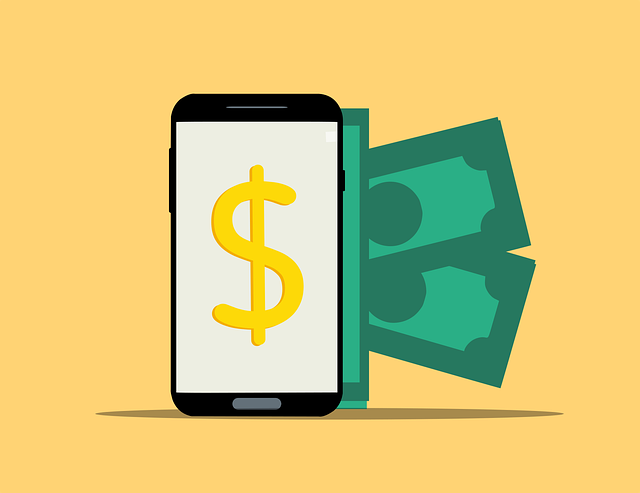
The Pros and Cons of Bootstrapping: What You Should Know
 You can’t start a business without securing financing. According to Shopify, most small businesses require about $40,000 for their first year of operations alone. Some small businesses, of course, spend even more money. While there are different ways to finance a new business, bootstrapping is one of the most popular — particularly for small businesses. It involves the use of your own money and financial resources to finance your new business. Here are the pros and cons of using bootstrapping as a financing method for your new business.
You can’t start a business without securing financing. According to Shopify, most small businesses require about $40,000 for their first year of operations alone. Some small businesses, of course, spend even more money. While there are different ways to finance a new business, bootstrapping is one of the most popular — particularly for small businesses. It involves the use of your own money and financial resources to finance your new business. Here are the pros and cons of using bootstrapping as a financing method for your new business.
Pro: Retain Full Ownership
Bootstrapping allows you to retain full ownership of your business. You won’t have to forfeit or sell any equity. You’ll retain complete ownership of your business with bootstrapping. This alone is reason enough for many entrepreneurs to consider bootstrapping as a financing method.
Pro: Easier Approval Process
You may have an easier time getting approved for loans if you use bootstrapping. Bootstrapping is all about using your own money and financial resources to finance your business. Rather than trying to take out loans in your business’s name, you can take out loans in your own name. As long as you have good credit, lenders should approve your application for a loan. Applying for a loan under your business’s name, conversely, may result in rejection. Since your business is new, it probably had little or no credit, so lenders may reject your application.
Con: Limited Financing
While bootstrapping allows you to retain full ownership of your business and has an easier approval process than external financing methods, it may not prove sufficient for your business’s financing needs. You can use your personal savings, credit card and personal loans. But that still may not be enough to satisfy your business’s financing needs.
Con: No Expertise
You won’t be able to take advantage of the expertise of investors with bootstrapping. Rather, you’ll essentially be on your own. Using external financing methods, on the other hand, will allow you to partner with investors who want your business to succeed.
Con: Risk of Personal Asset Loss
You may lose some of your personal assets if you use bootstrapping to finance your business. If you use a personal loan, for instance, the lender may claim ownership of your personal assets in the event of nonpayment. If you default on the personal loan, the lender may then go after your personal assets. Business loans are different in the sense that they separate personal and business assets — unless you make a personal guarantee.
What are your thoughts on bootstrapping? Let us know in the comments section below!
